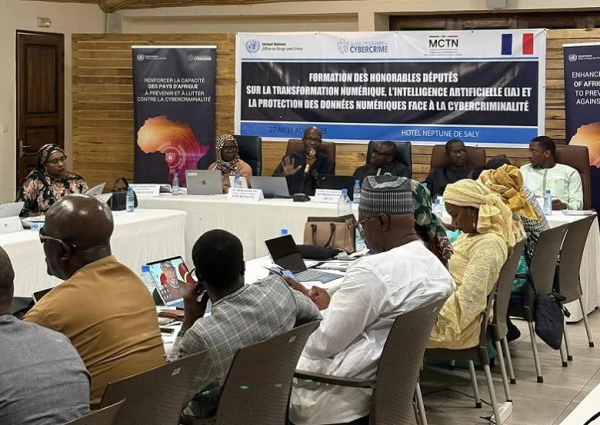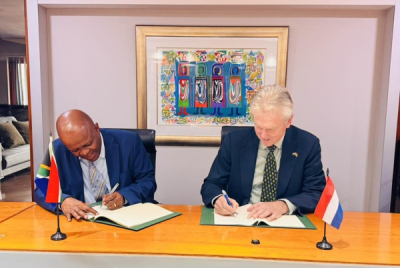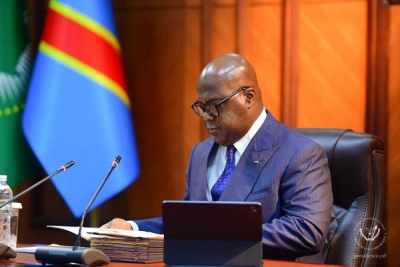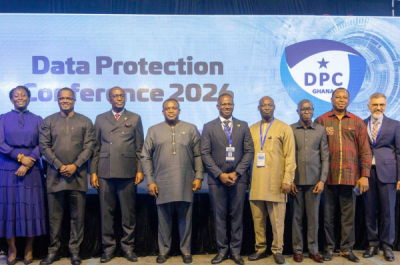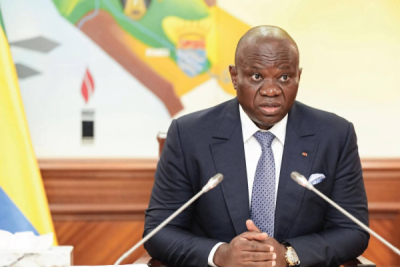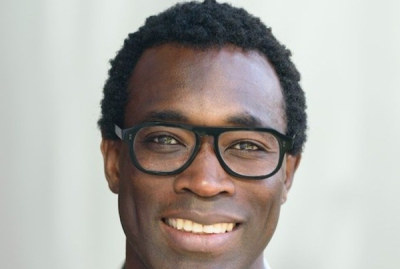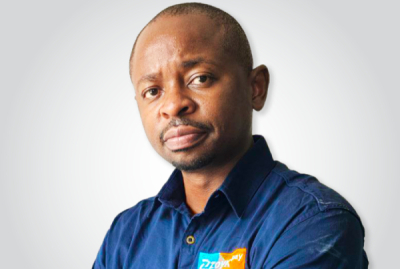- Senegal launches 'New Deal Technologique' to digitize public services, including parliamentary operations.
- Lawmakers receive training in AI, cybersecurity; electronic voting system adopted for real-time suffrage.
- Despite progress, African parliaments lag in digital maturity, highlighting need for continued investment.
Senegal is accelerating its national digital transformation strategy, dubbed the "New Deal Technologique," launched in February. This initiative aims to enhance the efficiency of public services through widespread digitization, with a particular focus on the legislative branch.
In a collaborative effort, the Senegalese government, the National Assembly, and the United Nations Office on Drugs and Crime (UNODC) recently concluded a five-day digital training workshop for members of parliament. This program is part of broader actions designed to fast-track the digital evolution of the parliamentary institution.
The strategic workshop focused on equipping lawmakers with essential skills in digital transformation, artificial intelligence (AI), personal data protection, and cybersecurity. The objective is to empower them to guide the nation towards digital sovereignty by crafting public policies and legislation that address contemporary challenges, aligning with the "New Deal Technologique" framework.
Significant strides have already been made. In December 2024, the National Assembly implemented an electronic voting system, featuring a platform capable of recording votes in real-time. El Malick Ndiaye, President of the National Assembly, has prioritized the digitization of parliamentary services. The modernization plan also includes the development of an interactive institutional website for b
oth deputies and citizens, alongside the launch of a parliamentary television channel. A dedicated project team has been established to oversee this transformation.
Further demonstrating this commitment, President Ndiaye met with a delegation including executives from the technology company Airudi in May to explore potential collaborations in AI, digital transformation, and professional training. These efforts unfold within a context of profound technological shifts in parliaments globally, driven by demands for greater efficiency, transparency, and citizen participation, as highlighted by the Inter-Parliamentary Union (IPU) in its 2024 World e-Parliament Report.
"Traditional siloed systems are giving way to more integrated and intelligent cloud-based solutions. AI, machine learning, and natural language processing are revolutionizing everything from document management to cybersecurity. These technologies enable parliaments to automate routine tasks, better analyze data, and offer more responsive services to parliamentarians, staff, and citizens," the IPU report, published in October 2024, states.
However, the digital transformation process within the Senegalese Parliament remains in its nascent stages. According to the IPU, the most digitally advanced African parliaments include South Africa, Zimbabwe, Burundi, Morocco, and Mauritius, followed by Tunisia and Malawi. The report indicates that Sub-Saharan Africa remains largely underrepresented among top-performing parliaments, with 50% of its institutions ranked among the 30 least advanced in terms of digital maturity.
This disparity is primarily attributed to a lack of modernization initiatives, insufficient investment in digital systems, and the absence of ambitious digital transformation programs.
This article was initially published in French by Isaac K. Kassouwi
Adapted in English by Ange Jason Quenum


